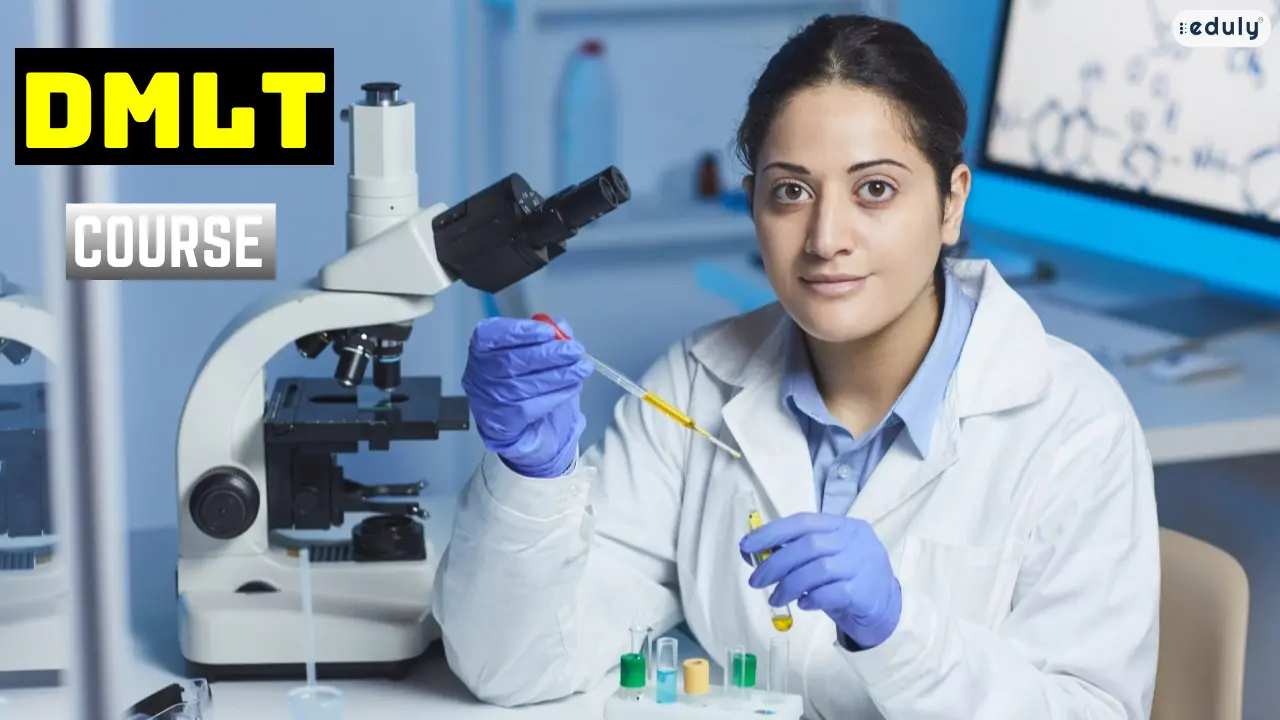Introduction
BDS form The five-year Bachelor of Dental Surgery program prepares students to practice as dentists. Four years of classroom instruction and one year of required rotational internship make up this program. Applicants must pass the class 12 exam or have an equivalent degree from an accredited institution with a minimum GPA of 85%. An extensive understanding of numerous facets of dental issues, dentures, and surgery in related domains is covered in the BDS syllabus.
Understanding BDS
BDS is a bachelor program in the dental medical field which is in full form a bachelor of Dental Surgery. A dentist who treats conditions in the teeth. Gums, teeth, mouths, and jaws are all related to dentistry. This is a crucial medical procedure: dental surgery. This degree program is chosen by students who have an interest in dentistry or who aspire to become dentists. Like MBBS, BDS might be equally challenging or easy. This is a really difficult subject since you have to study with patience and a diligent mindset, and you also have to manage patients. You must take great caution when dealing with your patient. To treat a patient with various disorders related to their teeth, you must possess a lot of patience.
Eligibility Criteria
The students need to fulfill these qualifying conditions to be admitted to BDS. The following list contains the NEET-based eligibility requirements for BDS admissions.
- A recognized Higher/Senior Secondary Examination or the Indian School Certificate Examination, which is comparable to a 10+2 exam in Physics, Chemistry, Biology, and Biotechnology, must be passed by the candidates.
- Any elective course recommended by the NCERT that includes English, such as mathematics.
- Subject to the court case being under consideration, NIOS candidates are currently eligible.
- If the equivalency of their qualified exam matches the standards set by the Association of Indian Universities (AIU) by the rules of the Dental Council of India and the relevant University, students from foreign or international boards are also eligible.
- A minimum of 50% must have been earned in the qualifying exams for Physics, Chemistry, Biology, and Biotechnology by unreserved individuals, as well as by OCI, NRI, and international applicants.
- OBC (other backward classes) and scheduled caste/tribe candidates must have obtained 40 per
- PwD applicants must have received a grade of at least 45% in their prerequisite tests.
- To be considered for admission, candidates must have completed 17 years by the end of the year or before.
Admission Process
The following list contains all the information required to apply for a BDS course:
- The NEET UG entrance exam is used to choose students for BDS programs. It is administered annually to applicants for medical programs nationwide.
- Direct admission of applicants to BDS programs is also done by numerous private institutions.
- Enrollment for the NEET exam is exclusively available online. Candidates must go to the NTA official website, complete the application, and upload all essential files.
- Upon submitting the application form, candidates must confirm their registration by paying the necessary fee.
- When registering for BDS courses, all applicants are free to select the university of their choice.
- Based on the All-India Quota and State-Level Quota divisions, the BDS admissions seat allocation process is carried out using NEET.
- All candidates who have been shortlisted will then be able to take part in the counseling procedure before being officially admitted to the institutions to which they have been assigned.
Skills Required
A successful career in dentistry demands a wide range of dental talents. The following five major talents are necessary to become a dentist:
- Dexterity: To guarantee patient safety and optimal care, a dentist must possess good eye-hand coordination.
- Professionalism: Professionalism is still required in dentistry despite its medical background. A successful career as a dentist requires maintaining a professional image. Integrity, dependability, accountability, skill, patience, and composure under duress are essential.
- Critical thinking skills: Being a competent dentist requires having this ability. Using reason to evaluate different ideas and uncover their actual potential is the art of critical thinking. This ability aids in addressing challenging circumstances with composure and coming up with workable answers. Recognizing the patient’s circumstances and developing solutions to improve them is crucial. Patients’ dental health is improved as a result of this.
- Excellent Judgement: As in the case of the medical industry, one may never be 100% correct when carrying out a work. Despite their expertise, dentists might not be all-knowing. When someone makes a mistake, like selecting a staff member or a junior dentist, it’s critical to acknowledge that you might not know everything and to accept that it happens. Learning from errors and fixing them right away is the norm here.
- Continue expanding knowledge: You cannot become an expert in a field like medicine in a few short years. Becoming a competent dentist involves ongoing education and practice. When it comes to providing more and better dental solutions for their patients, one can share expertise with colleagues and keep learning new things.
Career Options after BDS
The last ten years have seen growth in the medical area, opening up a variety of work prospects in the private sector. Private hospitals and dental healthcare facilities are among the places where the majority of excellent institutions provide internships. Based on their performance on the admission exam, dentists are also employed by government agencies, such as hospitals. Nevertheless, there are certain professions available after obtaining an MDS. Interested people can apply for these courses after graduating. The job categories and job descriptions that students can investigate are listed below.
Employment Areas
- Research Institutes
- Dental Clinics
- Dental Equipment Manufacturers
- Hospitals
- Pharmaceutical Companies
- Dental Products Manufacturers
- Educational Institutes
- Private Practice
Job Profiles
- Professor
- Public Health Specialist
- Dental Lab Technician/ Ceramist
- Medical Representative/ Sales Representative
- Dental Surgeon
- Private Practitioner
- Oral Pathologist
- Dental Assistant Professor
- Consultant
- Dental Hygienist
Higher Education Opportunities
Learning as much as you can and honing your talents will always help you launch your career with a strong reputation and competitive salary. Acquiring a master’s degree enhances your reputation and validates your talents, regardless of whether you choose to work in hospitals or start your business twice.
You can continue your higher education with the following course:
- Master’s course after BDS
- Doctorate course
- MBA in the medical field
- PG Diploma and Cosmetology
Also Read: DMLT Course Guide
Challenges and Rewards
Rewards
- Possibility to Help People: Frequently having the opportunity to assist others is a benefit of becoming a dentist. Dental professionals frequently care for individuals with excruciating medical disorders that impact their teeth or other oral tissues. Accordingly, they may spend a significant portion of their work providing pain relief and identifying long-term fixes that support maintaining a patient’s oral health. As many patients may express gratitude for the relief they feel after receiving the attention they need, providing this kind of care can be incredibly fulfilling.
- Being able to run your own Business: Numerous dentists can start their practices, which is another benefit of becoming a dentist. Being in charge of your clinic allows you to continue being the boss, which might be very alluring if you wish to work as one. Aside from the ability to set your hours, choose employees you get along with, and develop and carry out policies you support, owning a dentistry office can also provide you with other benefits.
- Stability of Job: Being employed in the dental sector usually means having a stable job, which is another benefit of becoming a dentist. For this reason, having a dentist can be beneficial in practically every community, as individuals can encounter medical concerns related to their dental health in any location. When a dental student completes their education and training, they can typically find employment quickly and hold onto their position for an extended amount of time due to the steady need for dentists.
Challenges
- Time needed to fulfil Educational Requirements: The amount of time required for prospective dentists to finish their schooling is one feature of the profession that may be seen as a drawback. Before beginning their dental careers, the majority of dentists complete seven or eight years of education, typically obtaining a bachelor’s degree as well as a DDS or DMD degree. To prepare for a specific specialty of dentistry, several dentists additionally participate in one- to six-year post-graduate study programs.
- Dental School Expenses: Attending dental school can be expensive, which is another aspect of being a dentist that may not be ideal. Dental school programs typically have high tuition costs since they require highly specialized education and skills. It is possible that as a result, dental school graduates may start their jobs heavily indebted and have long repayment terms.
- Physical Demand: An additional aspect that some may consider a drawback is the physical demands of being a dentist. There can be tension in the wrists, hands, neck, and shoulders from the constant physical labor that a dentist must perform. These jobs can be exceedingly accurate and occasionally repetitive. It can be exhausting for dentists because they are typically there for most of the workday. Taking regular pauses and using some of your leisure time to stretch will help lessen the consequences of physical demands on your dental career.
Conclusion
A BDS degree gives graduates a lot of options when it comes to their career and work prospects. In addition to starting their dental practice, they can work as researchers, professors, dentists, etc. in public or private facilities. You can make an effective career by pursuing BDS. Following graduation with a Bachelor of Dental Surgery, income packages are competitive. To confirm your acceptance to the BDS program at top colleges, just give our medical expert a call.
Read Also: CMA Course Guide




